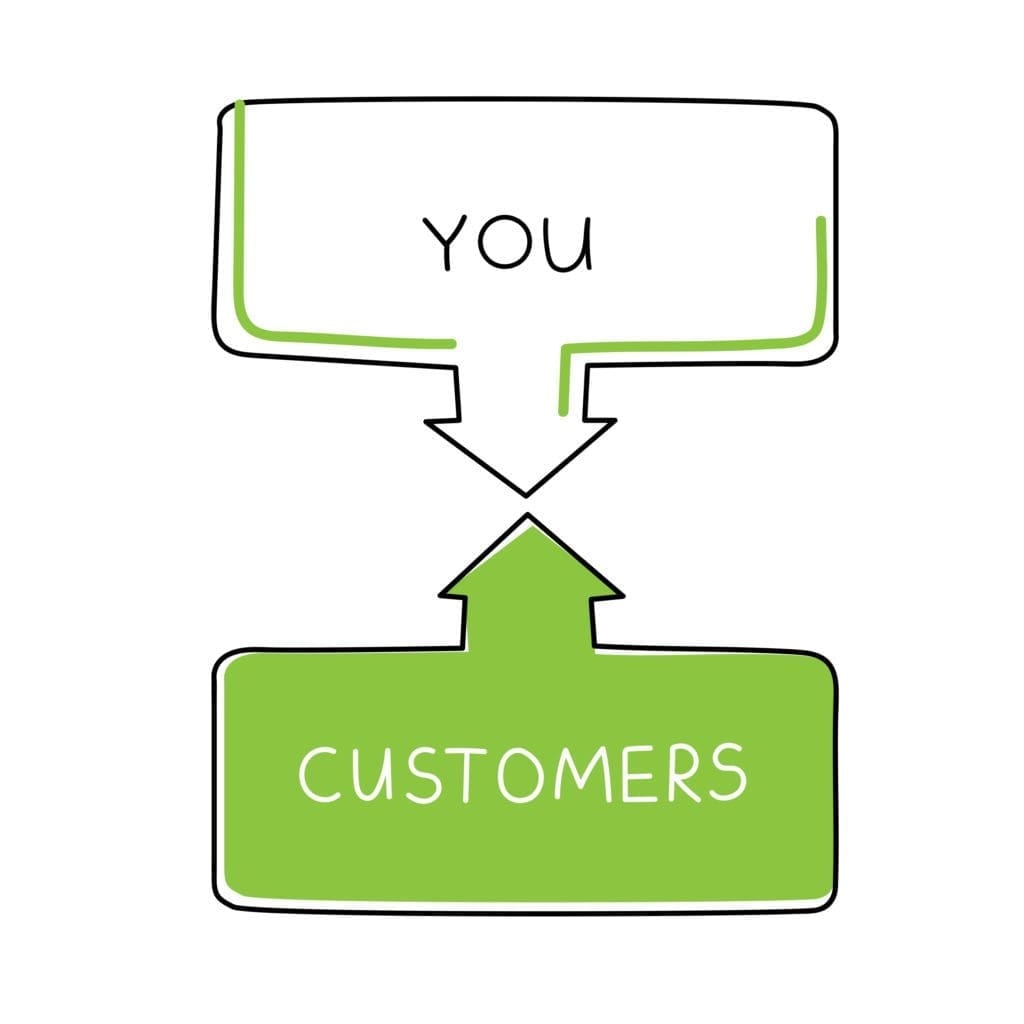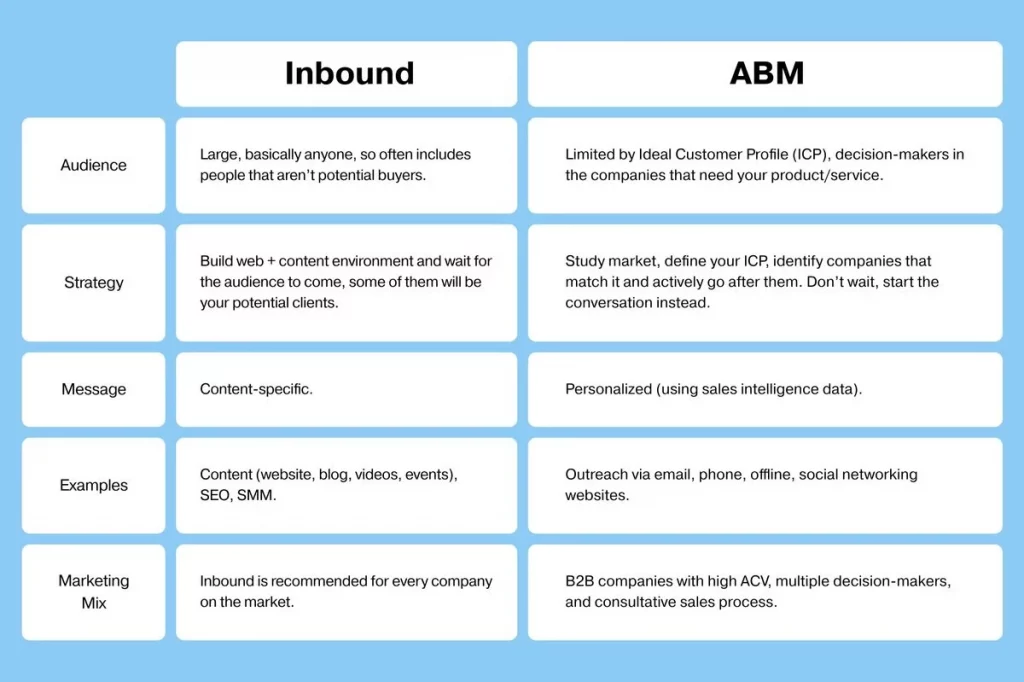Venturing into the B2B market without a comprehensive marketing strategy is risky and can lead to inefficiencies. This guide will lead you through developing a robust B2B marketing strategy framework, ensuring each element is optimized for maximum impact.
Understand Your Buyer’s Needs

Success starts with a deep understanding of your potential clients. It’s crucial to know what drives their decisions, their challenges, and what they value in a solution. In addition, B2B buyers are known for their cautious spending and thorough decision-making process. By becoming deeply familiar with the specifics of their industry, you’ll be better equipped to anticipate and meet their needs, positioning your product or service as the ideal solution.
Set Clear, Achievable Goals

Setting clear, measurable goals is essential for tracking the progress of your marketing efforts. These goals should be specific, measurable, achievable, relevant, and time-bound (SMART) to ensure they effectively guide your strategy and content. By measuring your performance against these goals, you can identify areas for improvement and adjust your plan accordingly.
Develop a Detailed Execution Plan
A well-defined execution plan is vital to the success of your marketing campaigns. This plan should outline the tactics you’ll use, the platforms you’ll engage on, and the roles of different team members. Having a clear plan in place ensures that every action contributes to the achievement of your overall strategy.
Build Trusting Relationships

In B2B marketing, building trusting relationships is paramount. Through genuine conversations and empathetic listening, you can establish strong connections based on shared goals and mutual respect. Additionally, these relationships are the foundation for long-term partnerships and are essential for sustained success.
Use Account-Based Marketing for Precision Targeting
Account-based marketing (ABM) lets you focus on high-value accounts with personalized communications. This approach ensures that you target your marketing efforts effectively, which can lead to higher conversion rates and a more significant ROI.

Leverage Existing Customers for Growth
Be aware of your current customers as a source of growth. Regular communication with genuine interest and helpful insights can foster loyalty and encourage repeat business. Happy customers are also more likely to refer others, expanding your client base organically.

Keep Evolving Your Strategy
Remember, a successful B2B marketing strategy is not static; it adapts and evolves. Finally, stay informed about market trends and integrate new insights into your plan to remain competitive. By continuously refining your approach, you can achieve sustained growth and success.
In summary, by following this framework and staying adaptable, you’re well on your way to achieving your business goals. Remember, the essence of businesses is inherently human. Connect, understand, and evolve with your customers and the market.
Embark on your marketing journey with confidence and purpose. The world of business awaits your unique contributions.
Subscribe today not to miss a thing.
My blog posts of the week emailed to you in a nice little (email) package.


